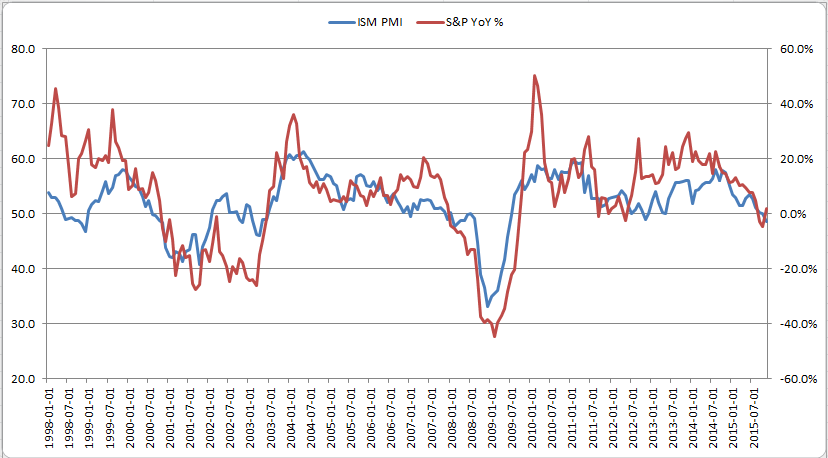This week’s chart comes from yours truly. For much of the year, and especially so since Treasury yields broke to new lows after the Brexit vote, the “safe” high yielding stocks like Utilities, Consumer Staples and Telecom have been tracking daily changes in the bond market – not the stock market. If bond yields move…
Say Hello to Your New “Synthetic” Corporate Bonds
Investors have been “starved” for yield for years now and unfortunately interest rates aren’t going up anytime soon. When looking at individual bonds, investors get to choose between high quality bonds at paltry yields or junk-rated bonds that look attractive but come with a slew of bad risks that often aren’t understood or appropriate for…
Chart of the Week: Negative Government Bond Yields
Here’s a chart from an article on Bloomberg today illustrating the yield curves of Japanese and German government bonds (the article is worth reading). You have to lend money for 9 years to Germany and more than 13 years to Japan if you want to earn a positive yield to maturity! Some 29% of developed-nation government…
Making Sense of the Nonsense
I’d like to comment on two things that have been a huge disservice to the average (nonprofessional) investor. One is CNBC and the second is the Federal Reserve. Do yourself a favor and don’t watch CNBC. Like all media companies, CNBC is in the business of collecting eyeballs. They want strong ratings so they can…
Allergan – the Gift that Keeps on Giving
Pfizer and Allergan have announced a “merger” where Pfizer is essentially acquiring Allergan so it can perform a tax inversion to relocate to Ireland (where Allergan is based). This is the second time Allergan has been acquired since we purchased it back in June, 2013, with the first being the takeover by Actavis last fall. Then…
Why I Don’t Trust this Bounce in Stocks
One of the most important determinants of stock market returns in the short/intermediate term is investor appetite for risk. When investors in the market are confident and display risk seeking behavior, we tend to see assets (like stocks) ignore bad news and rally on good news. However, the reverse occurs when investors are displaying a…
Why the Stock Market Dropped So Sharply
Two words – “The Fed.” The two primary goals of the Federal Reserve’s Quantitative Easing efforts over the past few years were to inflate asset prices (stocks, real estate, etc.) and lower interest rates. They call this the “wealth effect.” In theory, they think that higher asset prices will increase confidence, which will increase spending, business…
The Future of Europe
I haven’t chimed in with my two cents on Greece yet but I figured you might be wondering what I think, and more importantly, how it might affect investment markets. It’s no secret that I’ve been pretty critical of the Eurozone the past few years. A monetary union without a fiscal union just cannot work…


